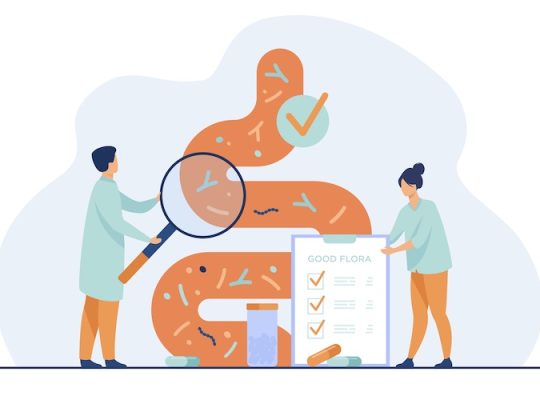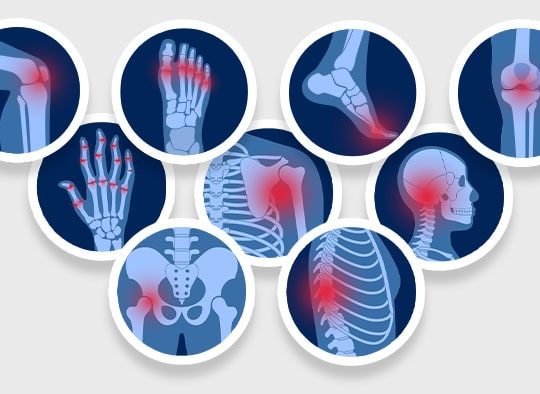As I sit here in front of my laptop, scrolling through countless tabs and notifications, I can’t help but feel overwhelmed by the sheer amount of digital clutter that surrounds me. It seems like everywhere I turn, there’s another email to respond to, another social media post to like, and another app competing for my attention. In today’s fast-paced, technology-driven world, it’s easy to get caught up in the virtual chaos and lose sight of what really matters.

But what effect does all this digital clutter have on our mental health? Research suggests that excessive use of technology and constant exposure to digital information can lead to heightened levels of stress, anxiety, and even depression. The constant bombardment of notifications and the pressure to always be connected can wear us down, leaving us feeling mentally exhausted and unable to focus.
So, how can we reduce this digital clutter and regain control over our mental well-being? Here are a few strategies that have worked for me:
1. Unplug and disconnect: One of the most effective ways to reduce digital clutter is to take regular breaks from technology. Designate specific hours each day when you will be completely offline, and use that time to engage in activities that nourish your soul, such as reading a book, going for a walk, or spending quality time with loved ones. By disconnecting from the digital world, you’ll create space for mental clarity and rejuvenation.
2. Declutter your digital spaces: Just like physical clutter, digital clutter can also have a negative impact on our mental state. Take a look at your devices and delete any apps or files that you no longer use or need. Organize your files and folders in a way that makes sense to you, making it easier to find what you’re looking for and creating a sense of order in the digital realm.
3. Set boundaries and establish priorities: In the era of constant connectivity, it’s crucial to set boundaries around your technology use. Determine specific times of the day when you will check your emails, social media, and other digital platforms, and stick to those self-imposed limits. By establishing priorities and focusing on what truly matters, you’ll be able to filter out the noise and reduce digital clutter.
4. Practice digital mindfulness: Just as mindfulness can help us be present in the physical world, it can also be applied to our digital lives. Pay attention to how you feel when using technology and be intentional about your digital choices. Ask yourself if a particular app or website is adding value to your life, or if it’s simply contributing to the digital clutter. By being mindful of our digital consumption, we can make more conscious choices that promote our mental well-being.
5. Cultivate offline hobbies and interests: While technology has its benefits, it’s important to remember that there’s a whole world beyond our screens. Engage in activities that bring you joy and fulfillment outside of the digital realm. Whether it’s pursuing a hobby, spending time in nature, or connecting with others in person, these offline experiences can help counterbalance the digital clutter and improve our overall mental health.
As I continue to implement these strategies in my own life, I can already feel a positive shift in my mental well-being. By reducing digital clutter, I’m reclaiming my time, energy, and focus, allowing space for more meaningful connections and experiences. It’s a constant practice, and there are still times when I find myself slipping back into old habits. But by prioritizing my mental health and consciously choosing what deserves my attention, I’m finding a sense of balance in this digital world.
So, let’s take a step back, shut down our devices when we need to, and reclaim our mental well-being. It’s time to reduce the digital clutter and create a healthier relationship with technology. Remember, it’s not about completely disconnecting or demonizing technology, but rather finding a harmonious balance that allows us to thrive both online and offline. Our mental health deserves it.











